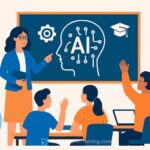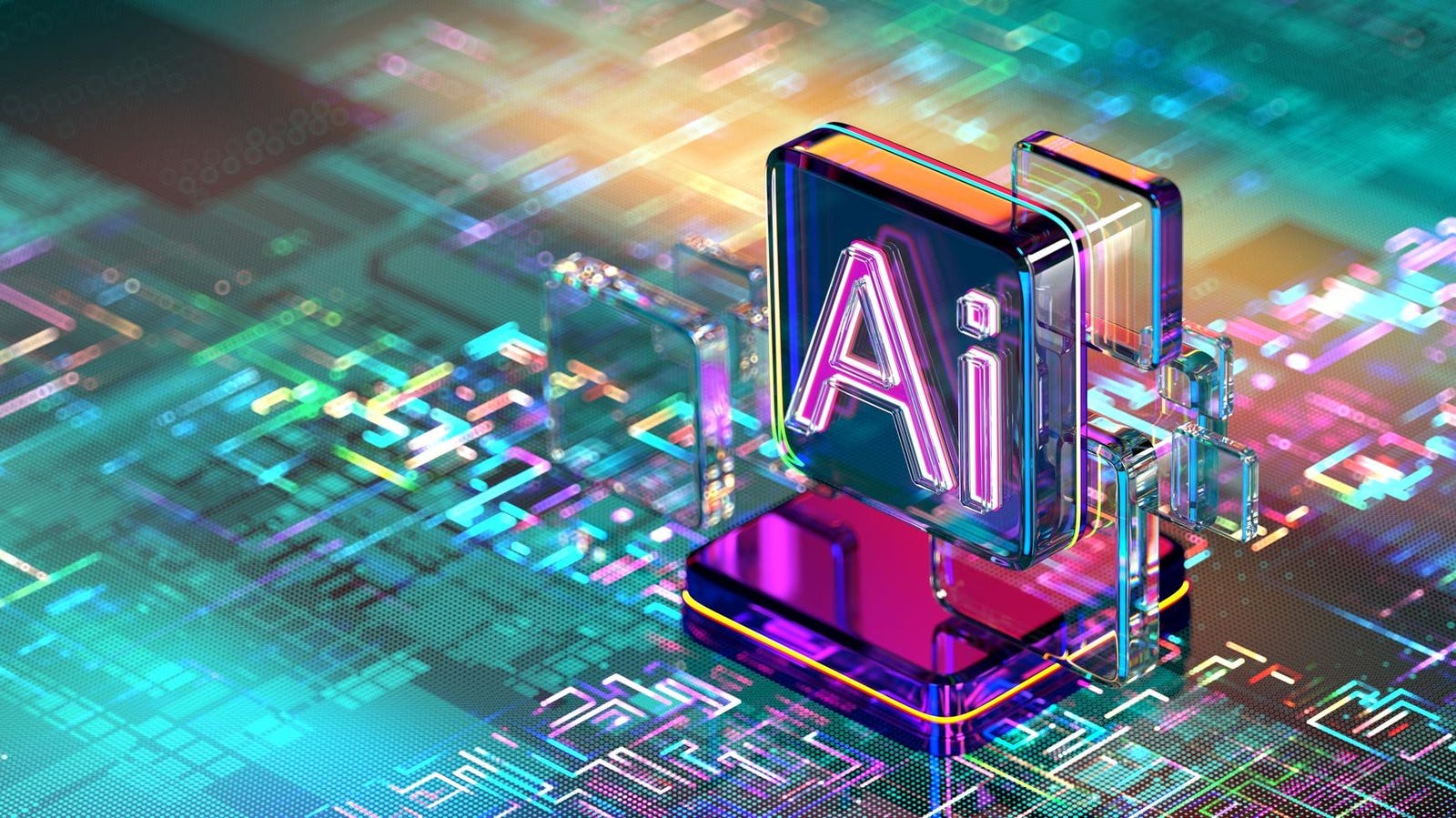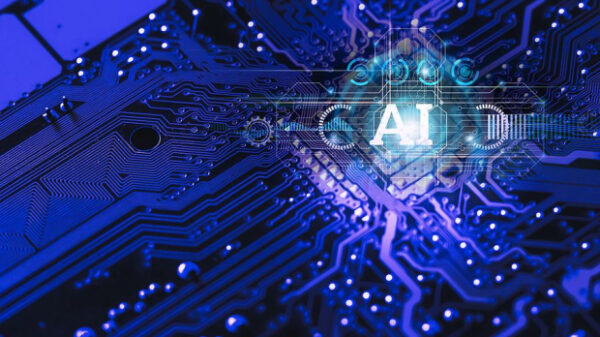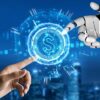As our world transitions into the second quarter of the 21st century, the existing structures of education and childhood development are facing immense scrutiny. A recent deep dive into the evolution of child-rearing practices reveals the challenges posed by the **childhood-industrial complex**, particularly in light of the rapid advancements in **artificial intelligence** (AI) and the evolving landscape of work.
Historically, children were raised in environments where they had close interactions with adults, providing invaluable one-on-one learning experiences. However, as societal norms shifted, especially during the **industrial revolution**, the focus turned toward formal education systems to keep children occupied while their parents worked in hazardous conditions. While this led to improved literacy rates and educational attainment, it also resulted in a significant decline in vertical interactions between children and adults.
The Rise of the Childhood-Industrial Complex
The mobilization of mothers during **World War II** further solidified the importance of schooling, leading to the establishment of what some are calling the **childhood-industrial complex**. Children began spending their formative years in schools, which emphasized academic achievement at the expense of real-world experience. A staggering 50% decrease in the percentage of teens engaging in paid work over the past generation underscores the shift in focus away from practical responsibilities.
Today, students are often left navigating a complex world with few adult role models. This lack of vertical interaction has resulted in several concerning trends:
1. Scarce Role Models: With less exposure to responsible adults outside their immediate families, young people struggle to navigate adult responsibilities, leading to difficulties in emotional regulation and civic engagement.
2. Stalled Development: The emphasis on exploration rather than identity formation has extended adolescence, causing delays in decision-making and the development of a coherent sense of self.
3. Lack of Responsibility: Children are rarely held accountable for meaningful decisions, resulting in a generation that often lacks self-regulation and executive functioning skills.
4. Underdeveloped Soft Skills: Many young adults enter the workforce lacking essential interpersonal skills, as their most significant interactions occur horizontally with peers rather than vertically with adults.
5. Student Loan Debt: As students extend their time in educational institutions, they accumulate significant debt—currently totaling around $1.8 trillion, averaging $40,000 per borrower—which further delays key life milestones.
6. Mental Health Issues: The rise in student loan debt, coupled with a lack of identity and increased exposure to immature behaviors online, has led to a marked increase in mental health issues among young people. Recent statistics indicate that anxiety disorders among teens have surged by 50-100% over a single generation.
7. Delayed Workforce Entry: The focus on academics over work has resulted in fewer teens holding jobs, which stunts the development of crucial skills and work ethics necessary for career success.
Implications of AI on Education and Youth Development
The advent of **AI technologies** complicates these issues further. As AI automates many entry-level jobs, young adults are entering a workforce that demands higher skill levels yet often lacks the necessary prior experience. The gap widens as **AI** changes the traditional pathways to learning and working, emphasizing the need for practical experience over classroom instruction.
To address these challenges, experts suggest developing a parallel system of **work-based learning** that complements traditional education. This would involve internships, apprenticeships, and co-op programs that focus on hands-on experience and vertical relationships with adult mentors.
As we navigate these changes, it’s clear that the longstanding reliance on educational institutions must evolve. Building a balanced relationship between **classroom-based learning** and real-world experience is essential for preparing future generations to thrive in an increasingly complex society.
Ultimately, the call to action is clear: we need to shift focus from over-investing in classrooms to fostering environments where young people can engage meaningfully with the adult world around them. As demonstrated through the experiences of families navigating the complexities of modern life, blending education with real-world experiences will be critical for the success of future generations.
See also Medical Students at Jinnah College Reveal AI’s Impact on Education in New Study
Medical Students at Jinnah College Reveal AI’s Impact on Education in New Study Kenya Urged to Adopt Global AI Education Charter as 71% Demand Oversight in Schools
Kenya Urged to Adopt Global AI Education Charter as 71% Demand Oversight in Schools Saudi Arabia, Egypt, and Greece Integrate AI to Transform Tourism Education and Hospitality
Saudi Arabia, Egypt, and Greece Integrate AI to Transform Tourism Education and Hospitality Indosat Launches AI Initiative to Address STEM Graduate Shortage in Indonesia
Indosat Launches AI Initiative to Address STEM Graduate Shortage in Indonesia HP Advocates for Global AI in Education Charter to Ensure Ethical Use in Classrooms
HP Advocates for Global AI in Education Charter to Ensure Ethical Use in Classrooms
































































